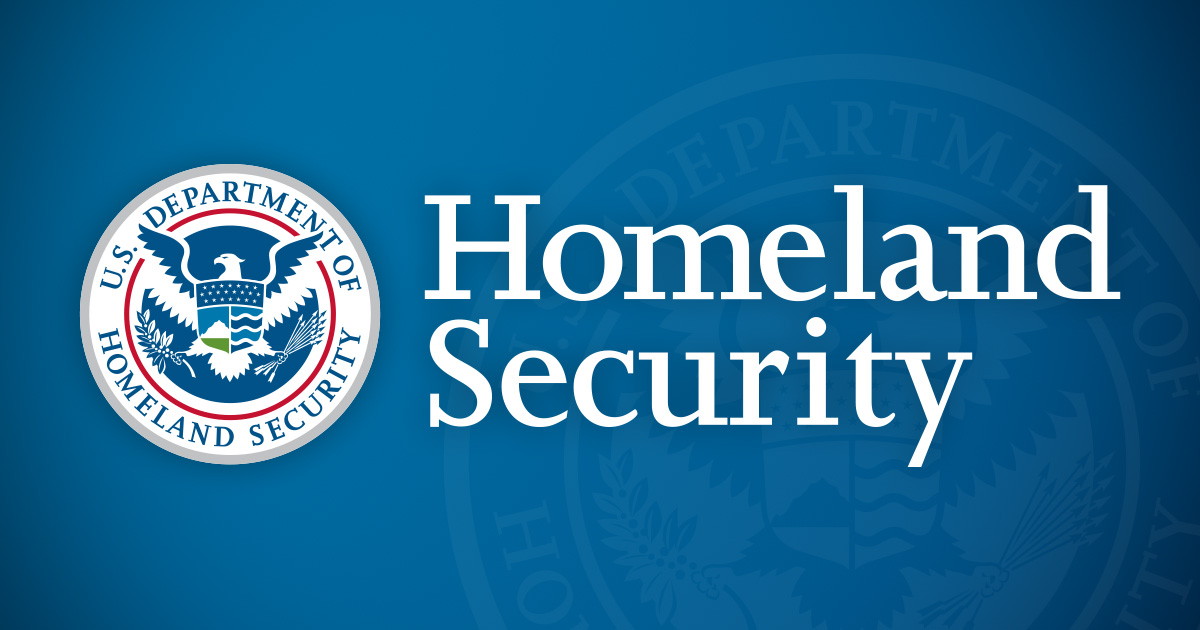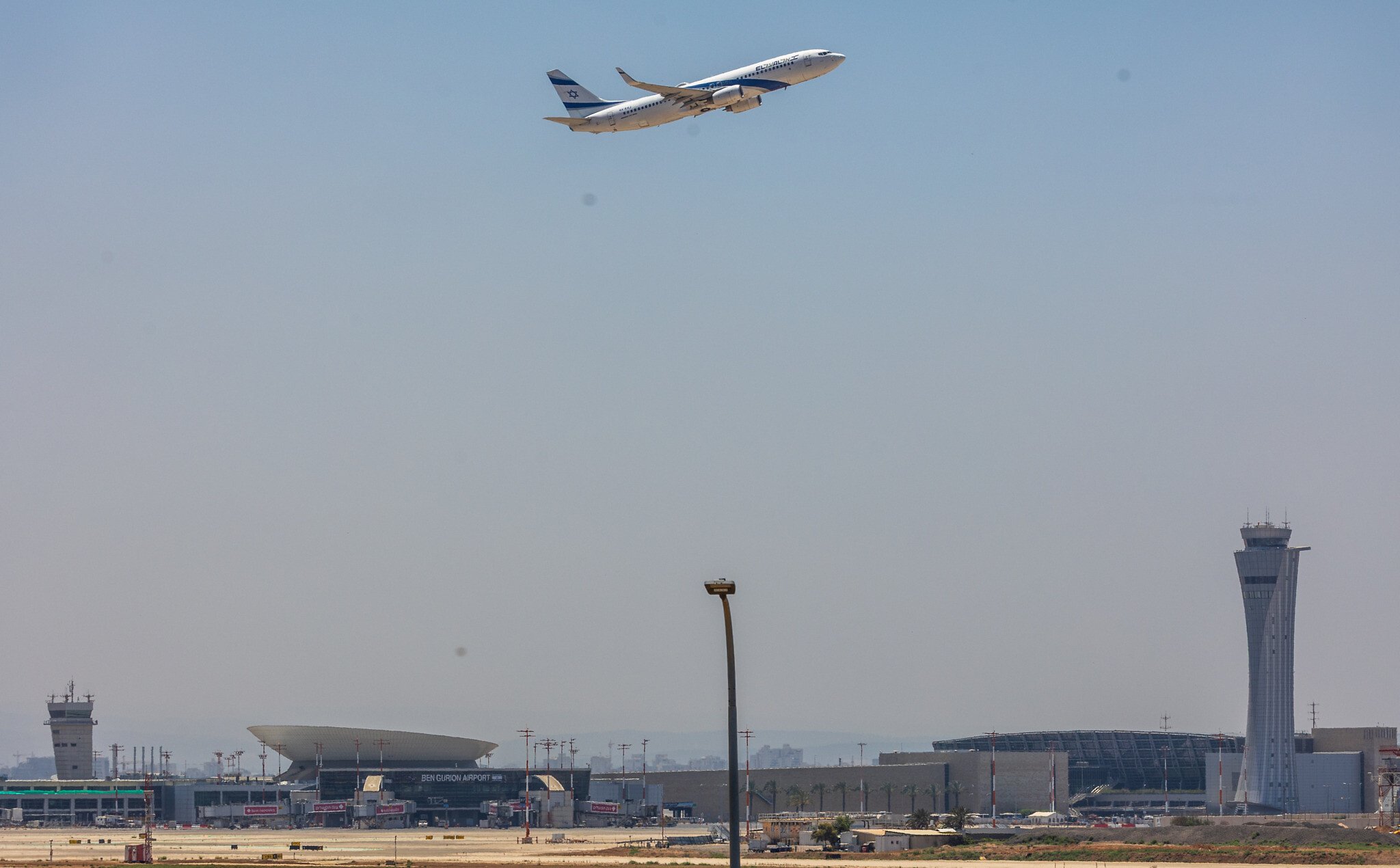What Happened
On June 22, 2025, the U.S. Department of Homeland Security (DHS) issued a National Terrorism Advisory System Bulletin highlighting an increased threat environment in the United States due to the ongoing conflict between Iran and Israel. The bulletin indicated that there is a heightened risk of cyber attacks from pro-Iranian hacktivists and potential violent extremism motivated by anti-Semitic sentiments. The DHS warned that if Iranian leadership were to call for retaliatory violence, it could inspire individuals within the U.S. to commit acts of violence. This advisory is set to expire on September 22, 2025.
Simultaneously, the Australian government’s Smartraveller service released a statement regarding the global impacts of the Middle East conflict, emphasizing that safety and security risks could escalate unpredictably. The advisory cautioned travelers about potential disruptions to air travel and the possibility of protests and civil unrest occurring globally, which could affect areas frequented by tourists and foreign interests.
Key Details
-
DHS Advisory: The bulletin from DHS outlines specific threats, including:
- Low-level cyber attacks against U.S. networks by pro-Iranian actors.
- The potential for violent extremists in the U.S. to mobilize if Iranian leadership issues a call for violence.
- A noted increase in anti-Semitic and anti-Israel sentiments leading to possible terrorist plots.
-
Duration: The advisory is effective from June 22, 2025, until September 22, 2025.
-
Travel Advisory from Australia: The Smartraveller advisory warns of:
- Increased security risks and potential travel disruptions globally.
- Possible flight cancellations and delays due to airspace closures in the Middle East.
- The need for travelers to stay informed about local security conditions and to report suspicious activities.
-
Recommendations: Both advisories encourage individuals to remain vigilant, report suspicious activities, and follow local authorities’ instructions.
Multiple Perspectives
The DHS bulletin presents a clear stance on the risks posed by the Iran conflict, emphasizing the potential for both cyber and physical threats. It suggests that the situation could lead to increased domestic violence motivated by international events. This perspective aligns with previous intelligence assessments that have linked global conflicts to domestic extremist actions.
Conversely, the Smartraveller advisory takes a broader view, focusing on the global implications of the Middle East conflict. It highlights not only the risks of terrorism but also the potential for civil unrest and travel disruptions that could affect individuals far from the conflict zones. This advisory emphasizes the unpredictability of the situation and the need for travelers to remain adaptable and informed.
While both advisories agree on the heightened risks, they differ in their focus—DHS concentrates on domestic threats, while Smartraveller addresses global travel impacts.
Context & Background
The conflict between Iran and Israel has historical roots, with tensions exacerbated by various geopolitical factors, including U.S. foreign policy and regional power dynamics. The assassination of Iranian military commander Qasem Soleimani in January 2020 by U.S. forces marked a significant escalation in hostilities, leading to a series of retaliatory actions and heightened tensions.
Recent events, including military actions and political rhetoric, have further inflamed the situation, prompting concerns about the potential for violence to spill over into other regions, including the U.S. and allied nations. The rise of anti-Semitic sentiments in various parts of the world, particularly in response to conflicts involving Israel, has also raised alarms about the safety of Jewish communities and pro-Israel entities.
The advisories from both the U.S. and Australia reflect a growing recognition of the interconnectedness of global conflicts and domestic security concerns, underscoring the need for vigilance in an increasingly volatile environment.
What We Don’t Know Yet
While the advisories provide a framework for understanding the current threat landscape, several uncertainties remain. It is unclear how the situation in the Middle East will evolve in the coming months and whether Iranian leadership will issue calls for violence that could incite domestic extremists. Additionally, the effectiveness of preventive measures by law enforcement agencies in disrupting potential plots remains to be seen.
The long-term impacts of the conflict on international travel and security are also uncertain. As airspace closures and potential military escalations could affect global travel patterns, the extent of these disruptions and their implications for travelers are still being assessed.
In summary, while the advisories provide important insights into the current risks associated with the Iran-Israel conflict, ongoing developments will require continuous monitoring and adaptation by both governments and travelers.


